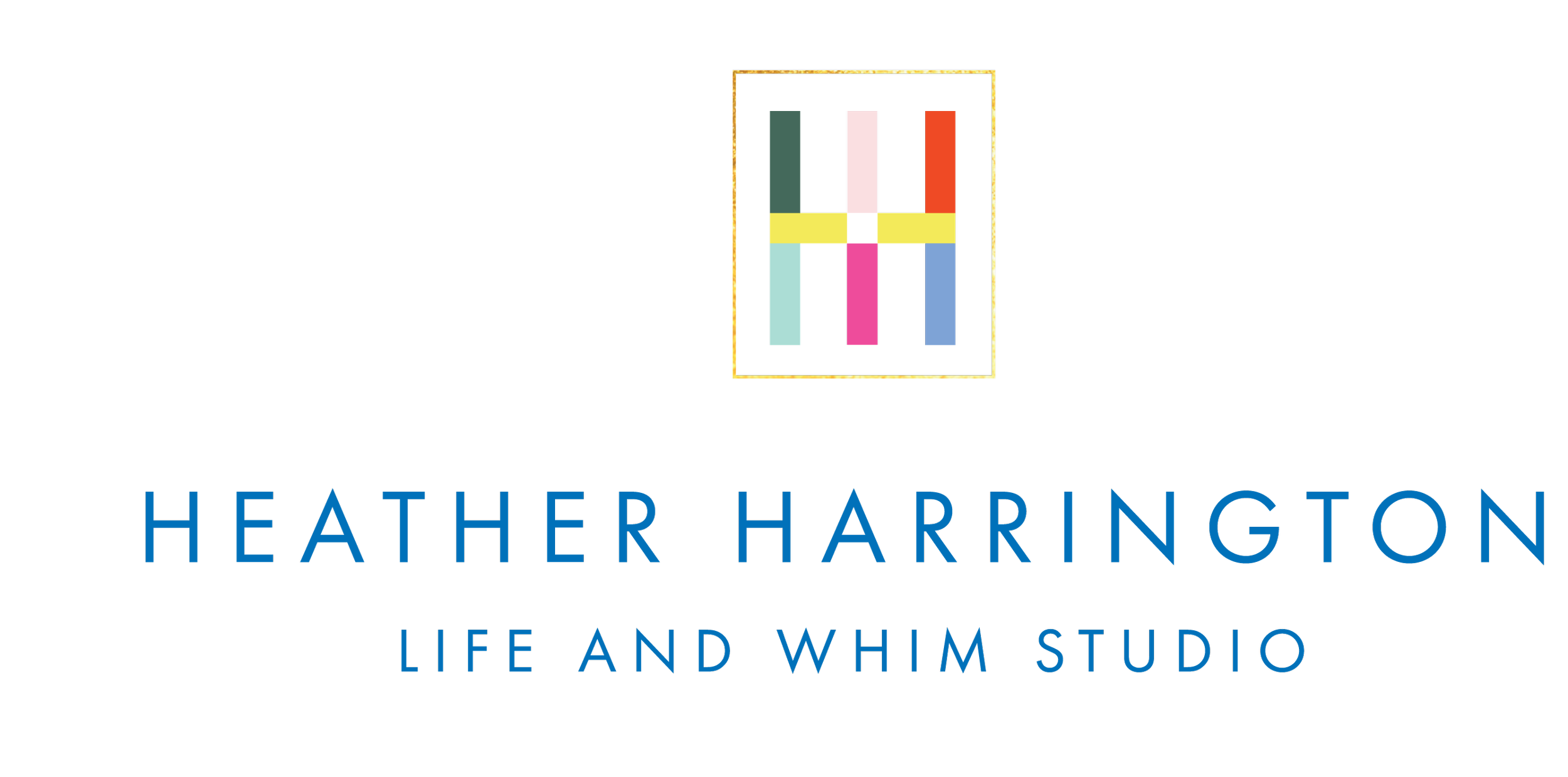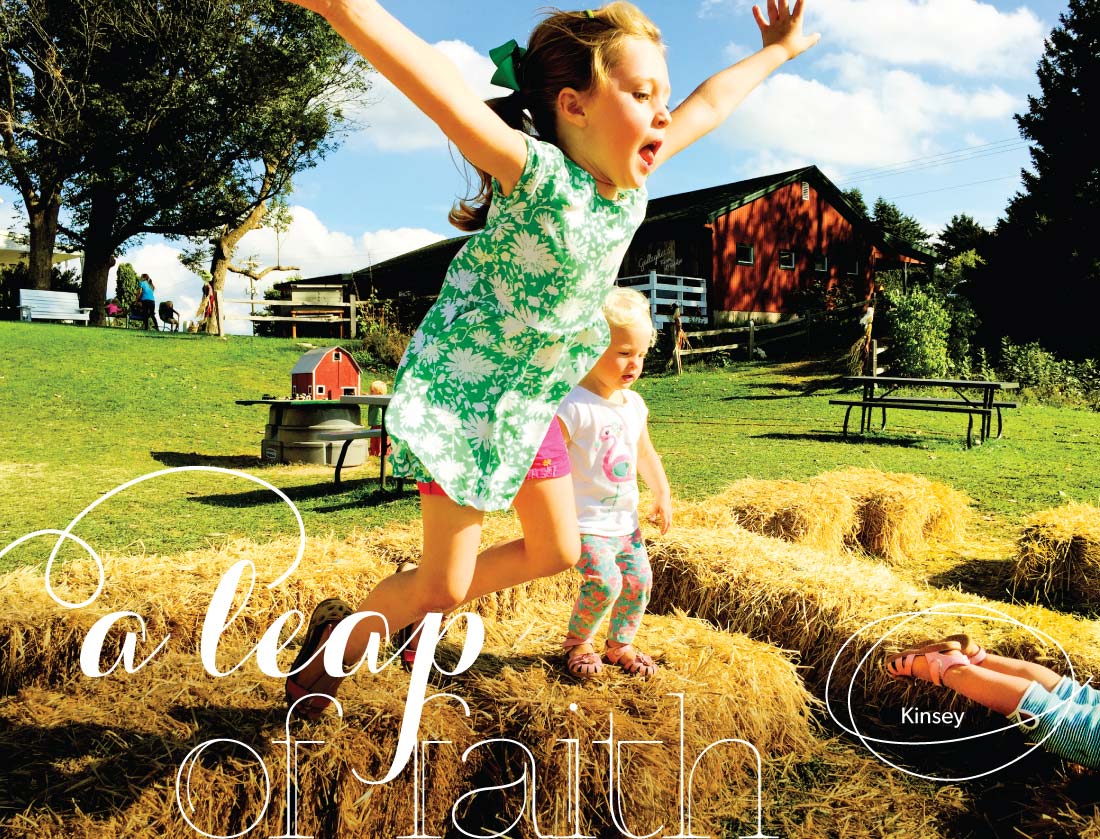The Decision-Making Paradox: How to Make, and Learn to Live With, Tough Decisions
A couple of weeks ago Tom Nixon authored an excellent guest post that touched on the internal conflict and struggle he’s experienced over the years confronting the question of whether moving to Traverse City is the right decision for him and his family. It made me reflect on our own decision to take the leap, and more broadly on the issue of why some decisions are so hard to make.
First, a little background on our own mental and emotional gymnastics as we contemplated making a move.
Nine months ago we uprooted our family and our business, packed up our belongings, and started a new life 250 miles away in Traverse City, Michigan. It’s an idyllic town, although the process of getting here was anything but.
Selling a house, buying a new one, settling three girls (at the time all five and under) in a new environment and keeping up with the demands of a fast-paced business was hard.
But as it turns out, these weren’t the hardest things. It was making the decision to move – not acting upon it – that proved most challenging.
We’ve always considered ourselves to be decisive. As business owners, we frequently confront issues that require us to make quick decisions. Some are easy: This color palette or that? Others are not: Terminate an employee or give him another chance? But we make them, because a decision is required.
So when we started kicking around the idea of moving to northern Michigan, we could never envision how hard – excruciatingly, heart wrenchingly, infuriatingly hard – it would be to move forward. Every time we thought we were close to making a decision we would get stuck in a decision-making loop that led to the same place all loops lead: Right back to where we started. That is to say, nowhere.
We’d discuss making a move, then talk ourselves out of it.
“It’s not practical.”
“It’s risky.”
“What will people think?”
“We need to gather more information.”
In retrospect, fear was our barrier. And we sought clarity to overcome it. Not relative clarity – perfect clarity. Clarity that everything would work out for the best and that our decision would turn out to be the right one.
But of course you’re not afforded perfect clarity in advance of a decision. There’s always a leap of faith involved. The desire for perfection – in information, in result – is paralyzing.
It’s as if we didn’t want to give up our idea of moving somewhere new. Maybe it was that we didn’t want to spoil our favorite vacation getaway spot with the messiness of our everyday life. Or we feared the hard work involved in implementing change. Whatever the reason, we were stuck.
A Frog on Each Shoulder
We’re all familiar with the storytelling device of the angel on one shoulder and the devil on the other to illustrate the moral dilemma involved in making certain decisions. In this case, I felt like I had not an angel and devil, but a frog on each shoulder. Let me explain.
In one of Aesop’s fables, two frogs set out to find a new home after the pond they previously dwelled in dried up from the summer’s heat. They confronted a choice:
As they went along they chanced to pass a deep well, amply supplied with water, and when they saw it, one of the frogs said to the other, “Let us descend and make our abode in this well; it will furnish us with shelter and food.” The other replied with greater caution, “But suppose the water should fail us. How can we get out again from so great a depth?”
This fable delivers a hearty dose of wisdom: Don’t make decisions without regard to the consequences. The problem, of course, is that Aesop doesn’t take it one step further. What happens to the frogs? Did they skip the well and find a better home, or die because there was no alternative? In other words, should they have taken a leap of faith rather than proceeding on in order to weigh other options? We’ll never know…but that’s kind of the point.
In order to overcome the fear we were facing, we asked ourselves a simple question: If we don’t decide to move, what will we think of our decision in ten years? It’s impossible to know the answer to this hypothetical, but the process of thinking it through gave us a pretty good sense of what we needed to do. If we were ever going to try something new, it wasn’t going to get any easier down the road when our kids – and ourselves – were older.
Then we analyzed all of our past “big” decisions: Whether to move to Chicago after law school? Whether to move back to Detroit four years later? Whether to leave my law firm to join Heather in her business? When to start a family?
Each of these decisions seemed momentous when we faced them, but now don’t seem like that big of a deal. Why? Because good things result from taking action. That’s not to say this is a conclusion easily reached. If it was, it wouldn’t be so easy to procrastinate, put off, and ponder. But it’s true. It’s sometimes annoying to hear, particularly when you’re dealing with something difficult, but things do typically work out for the best.
It’s also important to keep in mind that while most decisions tend to work out for the best, they almost never work out as planned. There are bumps in the road, unexpected challenges and unforeseen consequences. But you work through them, and learn and grow from the experiences. If you’re lucky, there are unexpected benefits, too.
So whether you’re contemplating a career change, or a move across the country, or the best time to start a family, there is no right answer – and keep in mind there never will be. If you’ve done the work, weighed the risks, and listened to your gut, there’s often no better time than the present to take that leap of faith, and then work like hell to make sure that the decision becomes a good one. Legendary coach John Wooden probably put it best, “Things work out for the best for the people who make the best of how things work out.”
Dos and Don’ts of Decisions
A few final thoughts about decision-making:
Preparation and perspective are key. One of the reasons that making big decisions is so hard is that a big decision is really a series of smaller decisions. In that sense, we didn’t decide to move to Traverse City. Rather, we decided to sell our house and buy a new one. We decided to move our business from bricks and mortar to a virtual environment on the cloud. We decided to let go of the fears that were holding us back. We made countless smaller decisions that led us to one big one.
Timing is important. The right decision never made leads to regret. The right decision made too early leads to failure. The right decision at the right time? That’s the sweet spot where you soar. (The image of our three girls that accompanies this post visualizes this concept rather effectively)
Perfection is unattainable, and is the enemy of progress. The pursuit of perfection – perfect information, perfect outcome – is what fuels procrastination. You’ll never have perfect, so you need to be comfortable making decisions based on “good enough.” Good enough means different things to different people based on risk tolerances, but it doesn’t mean 100 or even 90 percent certainty. That’s unattainable, and the desire for it leads to decision paralysis. Embrace some level of uncertainty – it’s what makes life exciting.
The status quo inevitably changes. There have been many times that I have put off making decisions based on the mistaken belief that there is no cost to procrastination. I believed that I could simply wait, be in the same relative position at a later point, and then decide. But what I always found is that by waiting I almost never maintained the status quo. I continued to move down a path that often moved me farther away from the destination that I wanted to reach, which then made the decision I was considering even harder to make.
Deciding is no substitute for acting. Teddy Roosevelt is one of my favorite ex-presidents. He lived a life of adventure, and gained wisdom through his life experiences. As someone who made many decisions, followed by bold action, he’s highly qualified to weigh in on the topic of decision-making: “In any moment of decision, the best thing you can do is the right thing, the next best thing is the wrong thing, and the worst thing you can do is nothing.” Decide. Then act. There is no other way forward. {tweet that}

